This report explores the issue of ocean sewage pollution through the lens of five country-level case studies focused on Australia, Fiji, Honduras, Indonesia, and the Philippines. While each of the contexts are different, each country continues to grapple with the challenge of monitoring coastal water quality and regulating sources of pollution, particularly sewage. The following key themes emerged from the project:
- Very few countries around the world effectively regulate sources of coastal water pollution, including sewage. With few exceptions, regulation of coastal water pollution is not a priority for most countries.
- Even fewer countries regularly monitor coastal water quality. While many countries have regulations requiring regular monitoring of water quality, few seem to carry through on monitoring and publish the results of water quality testing.
- Around the world, water quality monitoring and regulation is commonly delegated to local government. This applies to monitoring and regulation of both coastal waters and terrestrial water bodies. National governments often set standards and then leave it up to local governments to enforce those standards, or enact and enforce more stringent standards.
- Pollution from agricultural runoff is also a major threat to coral reefs. When it comes to regulating coastal water pollution most countries start by focusing on industrial waste from cities, followed by sewage. However, less-concentrated pollution from agriculture and other land-use practices (such as logging) can be even more challenging to address. Even well-resourced countries like Australia continue to struggle to regulate dispersed pollution from agriculture.
- While there are many groups working on water, sanitation, and hygiene (WASH) in West Africa, there is surprisingly little readily available information on coastal water quality monitoring and regulation in the region. Compared to the other regions of inquiry, it was particularly difficult to secure interviews with government officials, academics, and NGOs working on coastal water quality in West Africa.
- NGOs can have the greatest impact on coastal ecosystems by working in semi-urban areas on the verge of rapid growth, such as the Bay Islands in Honduras. For the most part, the coastal ecosystems (e.g., coral reefs, mangroves) around major urban areas have already been significantly damaged by degradation of coastal water quality. While there are major human benefits associated with working on the provision of clean water, sanitation, and hygiene (WASH) services in these urban areas, coastal ecosystems tend to take decades (or longer) to recover from the impacts of pollution.

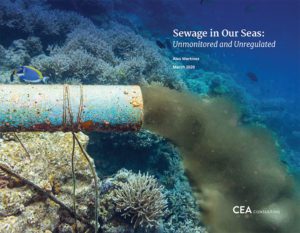 Full Report
Full Report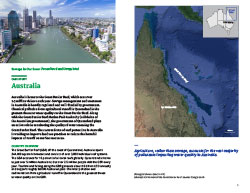 Australia case study
Australia case study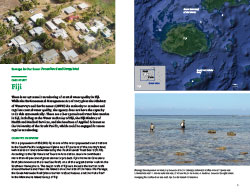 Fiji case study
Fiji case study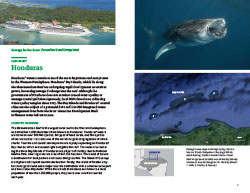 Honduras case study
Honduras case study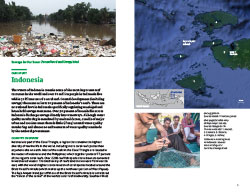 Indonesia case study
Indonesia case study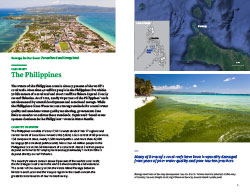 Philippines case study
Philippines case study